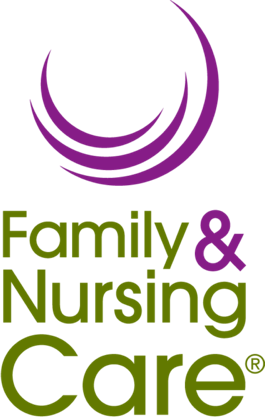While the number of cancer patients unfortunately continues to increase in the United States – with over 2 million new cases in 2023, which was up from 1.9 million in 2022 – some more optimistic news is cancer deaths are steadily decreasing, according to the American Cancer Society. In fact, since 1991, the number of cancer patient deaths has decreased by 33%. Several factors have led to this decline, including early cancer detection, treatment advancements, improved screening programs, and the decrease in smoking.
Specialized In-Home Care for Cancer Patients
Another important factor contributing to this improvement is home care for cancer patients. As hospital stays become shorter due to treatment innovations and changes in health care systems, cancer patients often still require specialized assistance as they undergo chemotherapy, radiation, and surgery. That’s where home care can play a critical role, with caregivers providing temporary and ongoing support so that loved ones remain safe at home.
Caregivers can help mitigate stress and make cancer patients feel as comfortable as possible through the following home care services:
- Assistance with daily activities and personal needs, such as bathing, dressing, and mobility.
- Housekeeping duties, such as cleaning, shopping, and cooking.
- Arrangements for home care and services, like making appointments, providing transportation, and running errands.
- Support for patients coping with nausea, anemia, pain, infection, and other complications.
- Recognition and reporting of problems or new symptoms to family members.
- Providing emotional support and encouragement to help cancer patients get through treatment plans and take other steps to get well, like eating healthy meals or getting enough rest.
The Benefits of Home Care for Cancer Patients are Not New.
In a 1989 study, McCorkle et al carried out a randomized clinical trial to determine the effects of home care versus typical office care for 166 patients with progressive lung cancer. Although there were no differences in pain, significant differences in symptom distress, social dependency, and health perceptions were reported. These results suggest that home care can alleviate some discomfort for cancer patients and help maintain their independence longer.
As one of the oldest and most well-respected home care resources in Maryland and Washington, D.C., Family & Nursing Care’s mission is to help older adults, including cancer patients, maintain their quality of life as they age. For more than 55 years, we have helped tens of thousands of families by providing access to a network of over 1,500 experienced Caregivers who assist with activities of daily living, mobility, errands, meal prep, and companionship, in addition to more specialized support, such as cancer, Alzheimer’s disease and dementia, Parkinson’s disease, hospice and palliative care, pneumonia, diabetes, heart disease, stroke, and depression.






